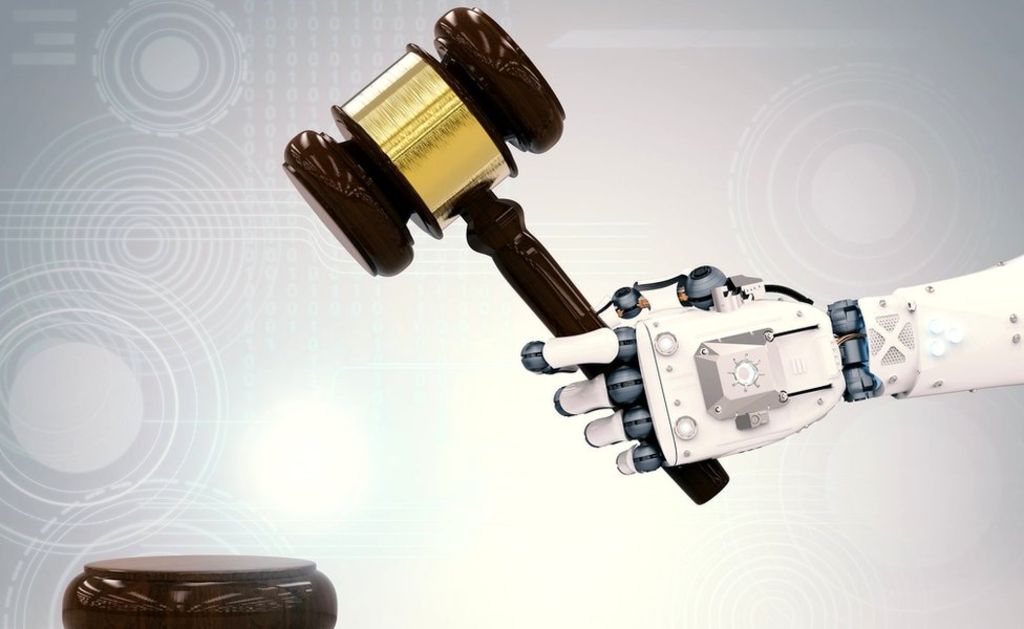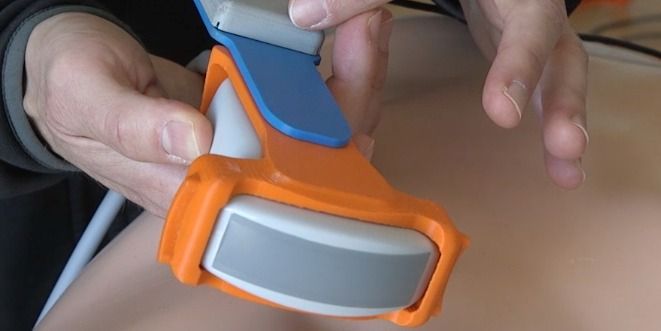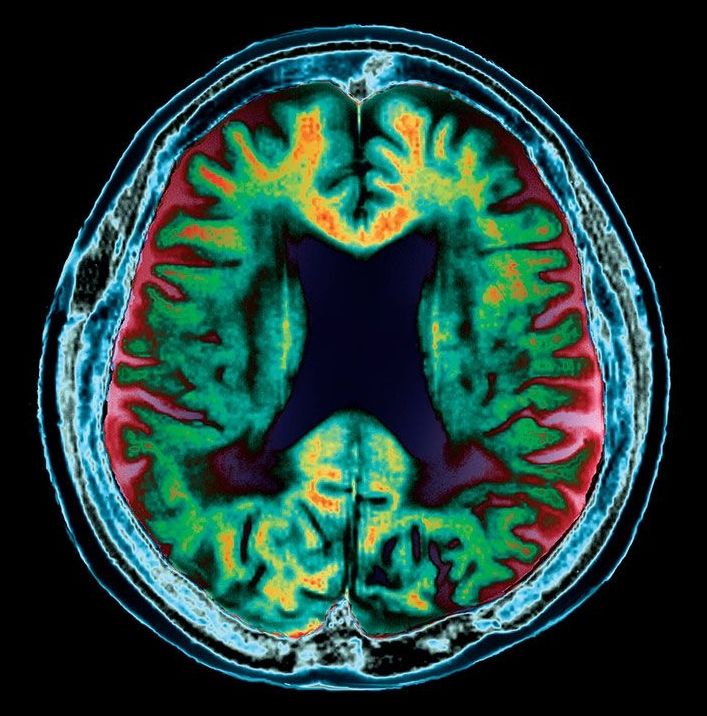Page 10436
Nov 1, 2017
DERMALOG: Maldives Introduces Most Innovative ID Card
Posted by John Gallagher in category: innovation
Nov 1, 2017
Frankenstein in the Age of CRISPR-Cas9
Posted by John Gallagher in category: biotech/medical
The so-called “year without a summer,” 1816, was bleak, if not strangely gothic. Mount Tambora in Indonesia had erupted the year before, pitching volcanic ash into the atmosphere and obscuring the sun. Torrential rains pressed deep into the year, resulting in global crop failures. The birds quieted down by midday, as darkness descended, and for days at a time, a group of writers huddled by candlelight in a rented mansion on Lake Geneva. The dashing 23-year-old poet Percy Shelley and his 18-year-old companion, Mary, who had already taken to calling herself “Mrs. Shelley,” traveled to the lake to spend the summer with the poet Lord Byron. On the night of June 15, 1816, they read ghost stories aloud. And then, Byron suggested they each try their hand to write one.
Mary Shelley would write her stunning exegesis Frankenstein, or The Modern Prometheus in just under 11 months. She set forth to write a penny dreadful but instead wrote a stinging commentary on the times that came to her in a flash, a waking dream. A collision of forces discharged in her writing, and she produced something more than a ghost story—a “book of ideas.”
A scientist sets out to create a more perfect entity, only to have it backfire as the thing he creates gets out of control.
Nov 1, 2017
The robot lawyers are here and winning
Posted by Amnon H. Eden in categories: finance, law, robotics/AI
Artificial intelligence beats over 100 London lawyers in predicting case outcome:
In a contest that took place last month. It pitched over 100 lawyers from many of London’s ritziest firms against an artificial intelligence program called Case Cruncher Alpha.
Both the humans and the AI were given the basic facts of hundreds of PPI (payment protection insurance) mis-selling cases and asked to predict whether the Financial Ombudsman would allow a claim.
Nov 1, 2017
China Just Unveiled The Most Futuristic Library Ever
Posted by Shailesh Prasad in category: futurism
China’s massive new library has such a sleek and futuristic design that it looks like it came straight out of the works of science fiction.
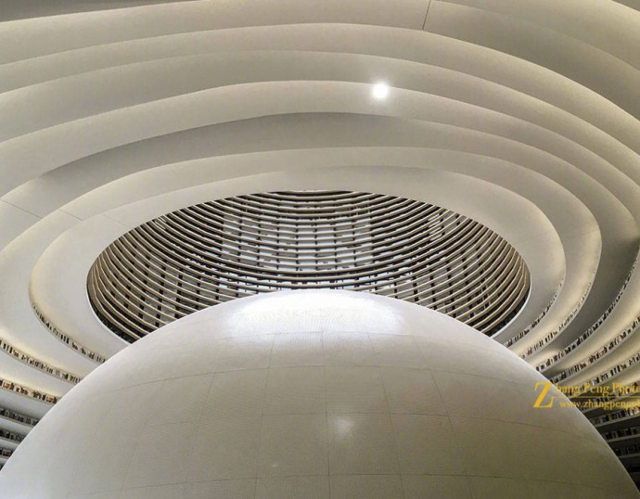
The newly opened Tianjin Binhai Library situated at the Binhai Cultural Center covers an enormous 33,700 square meters (362,744 square feet) space.
Continue reading “China Just Unveiled The Most Futuristic Library Ever” »
Nov 1, 2017
Finland Is Giving Citizens $660 A Month For Free As An Experiment (HBO)
Posted by Derick Lee in categories: futurism, government
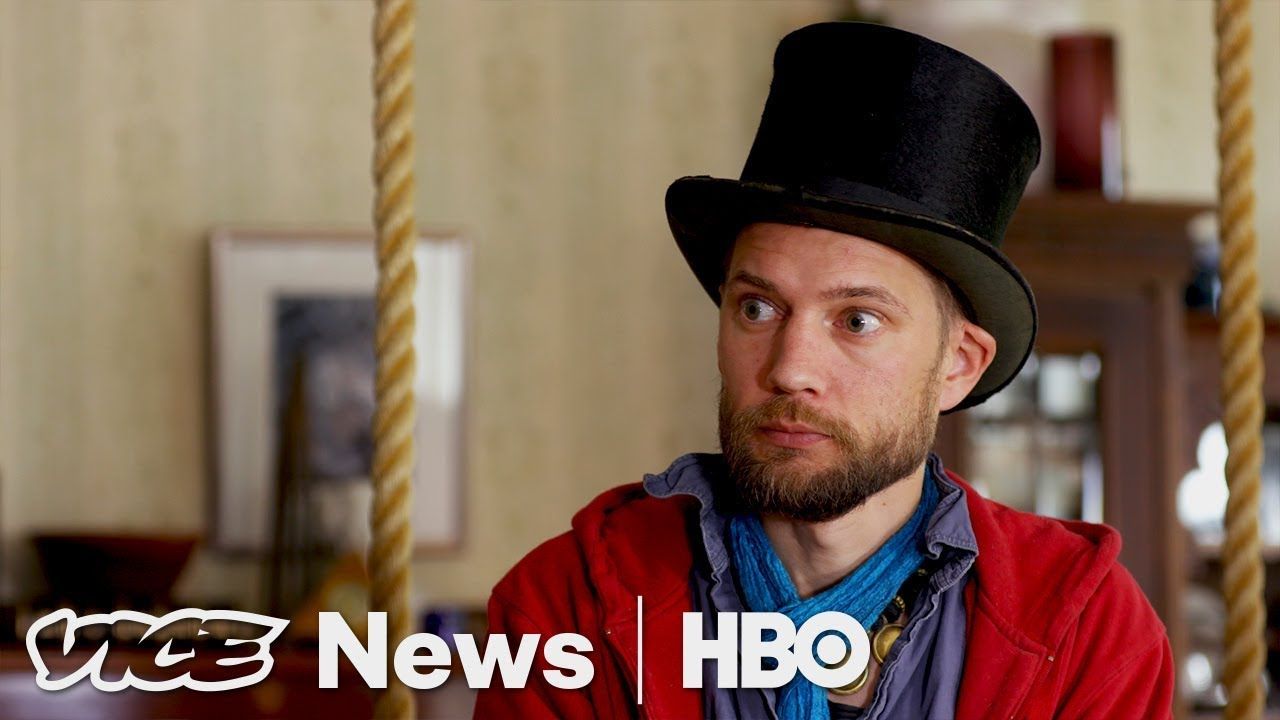
In Finland, two thousand unemployed people are part of an experiment that could shape the future of the West. For the next two years, the government will give them the equivalent of 660 dollars a month — for free, no strings attached. It’s an idea called Universal Income and it’s got a lot of politicians and economists excited, and others worried about creating a society of freeloaders.
But what does it look like? VICE News travelled to deepest, darkest, coldest Finland to meet a father of six taking part in the experiment to see how its changed his life and speak to those who are critical of the trial.
Continue reading “Finland Is Giving Citizens $660 A Month For Free As An Experiment (HBO)” »
Nov 1, 2017
Sony’s new Aibo pet robot goes on sale tonight in Japan
Posted by Klaus Baldauf in categories: internet, robotics/AI
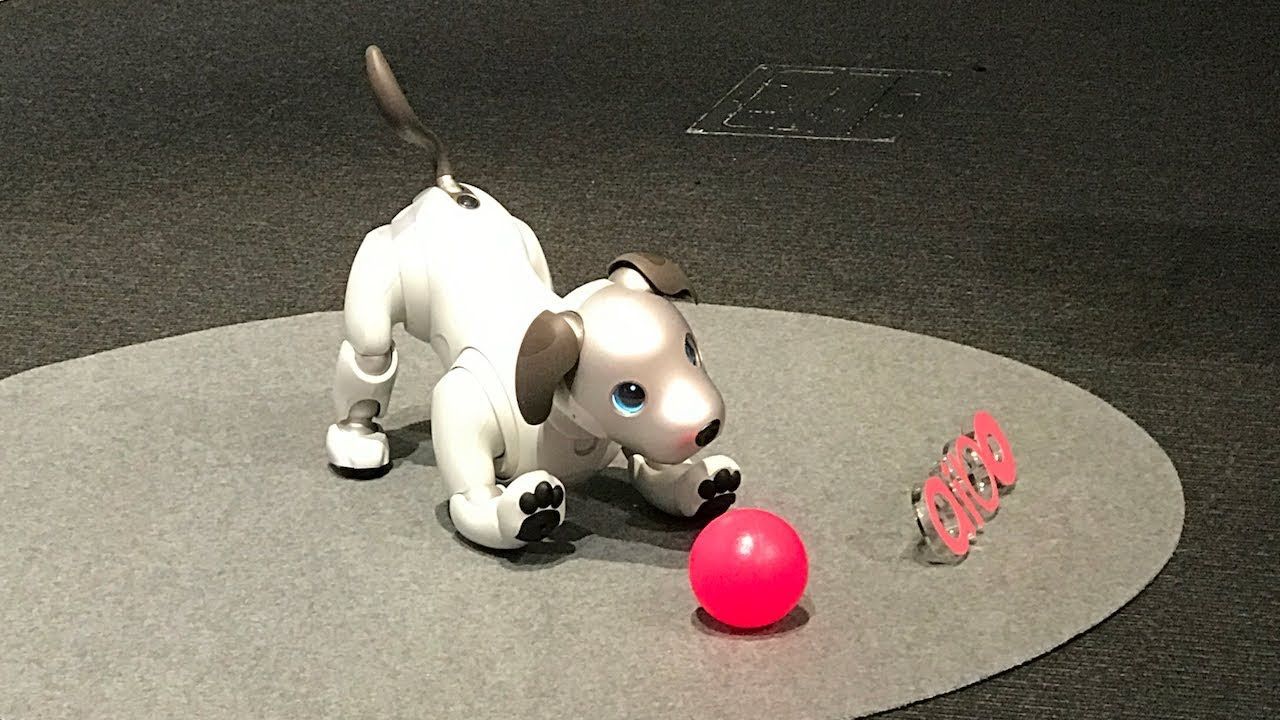
https://youtube.com/watch?v=0W3f2YRhgQ4
After more than a decade away, Sony’s Aibo pet robot is making a return. The original dog-like robot launched in 1999, while Sony says its followup is “capable of forming an emotional bond with members of the household while providing them with love, affection, and the joy of nurturing and raising a companion.” Its OLED eyes allow for “nuanced” expressions as fisheye cameras see and recognize individual faces while new actuators allow its body to move smoothly along 22 axes. Pre-orders for the new robot begin tonight via Sony’s online store in Japan for 179,000 yen (about $1,739 US), with shipments scheduled to begin on January 11th.
Of course, because this is 2017, not only is the new Aibo powered by AI (that learns and develops a unique personality over time) but it’s also connected to the cloud. An Aibo Basic Plan subscription not only backs up your robot’s unique identity but also turns on the connection for owners to access their remote via WiFi or a mobile connection.
Continue reading “Sony’s new Aibo pet robot goes on sale tonight in Japan” »
Oct 31, 2017
This handheld 3D body scanning device could replace the MRI — using the motion-sensing technology from a Nintendo Wii
Posted by Shane Hinshaw in category: biotech/medical
Emergency Physician Joshua Broder realized his son’s Wii controller could detect movement than a $50,000 ultrasound machine. So he combined them.
Oct 31, 2017
Truck attack in Manhattan kills 8; mayor calls it act of terror
Posted by Mark Larkento in category: terrorism
NYC attack kills 8, injures 9; suspect in custody.
“This was an act of terror, and a particularly cowardly act of terror,” he said.
[Previous story, posted at 5:19 p.m. ET]
Continue reading “Truck attack in Manhattan kills 8; mayor calls it act of terror” »
Oct 31, 2017
Alzheimer’s may be able to spread through blood transfusions
Posted by Dan Kummer in categories: biotech/medical, neuroscience
Alzheimer’s may be contagious.
A protein might be capable of spreading Alzheimer’s through blood transfusions and surgical equipment, but we don’t know yet how much of a risk this is.



